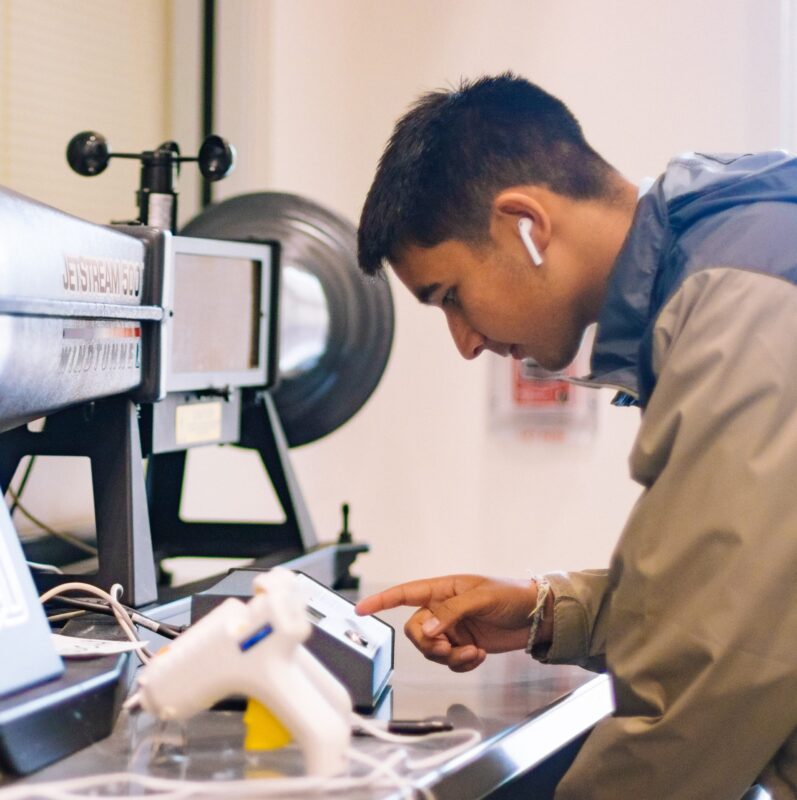
Four Reasons to Do What You Love for a Living
You’ve heard the cliche that life is too short. You don’t know what tomorrow brings or where you’ll end up. So why waste your time in a career that doesn’t make you happy? Read more >>
Request an Appointment
English: 650.688.3625
Medi-Cal: 650.688.3650

Four Reasons to Do What You Love for a Living
You’ve heard the cliche that life is too short. You don’t know what tomorrow brings or where you’ll end up. So why waste your time in a career that doesn’t make you happy? Read more >>

Why Is It Important to Talk About Race and Racism?
When we teach kids early on that it’s OK to talk about race, we help them to understand, respect, and appreciate the differences between people. This builds empathy and compassion for others so that kids are better able to see when things Read more >>

It’s Never Too Early to Talk With Children About Race
Infants as young as six months old can recognize differences in skin color. By age two and a half, research has shown, children prefer playmates who are similar in race and gender. And as early as age three, they are Read more >>

Why Curiosity Enhances Learning
It’s no secret that curiosity makes learning more effective and enjoyable. Curious students not only ask questions, but also actively seek out the answers. Without curiosity, Sir Isaac Newton would have never formulated the laws of physics, Alexander Fleming probably Read more >>

10 Strategies To Promote Curiosity In Learning
Curiosity is crucial to learning. For years, education has responded by admonishing teachers to ‘engaged’ students with ‘engaging content,’ but engagement and curiosity are decidedly different. An engaged student may very well be curious, but such curiosity isn’t necessary for Read more >>

Stimulating Curiosity to Enhance Learning
People find it easier to learn about topics that interest them. Recent neuroscience research has demonstrated that memory is improved when the learning material is something they are curious about. Read more >>

When I was a special education teacher, my colleagues and I recommended that a Black girl receive special education services because she had difficulty reading. However, her mother disagreed. When I asked her why, she explained that she, too, was Read more >>

BIPOC Mental Health Trends and Disparities
Even though mental health experiences are unique to each person, there are a few trends within the BIPOC community that highlight similar disparities and barriers throughout each ethnic group. Read more >>

Resources for Responding to Trauma
After a tragic event, you may find yourself struggling with how to talk to your child about their feelings and fears. Read more >>

Sleep Tips for Teens [downloadable]
Do you occasionally—or maybe more than occasionally— have trouble falling asleep? Try these sleep tips from the University of Washington Medical Center. Read more >>
English: 650.326.5530 | Español: 650.688.3650 | Fax: 650.688.3669
English: 650.326.5530
Español: 650.688.3650
Fax: 650.688.3669
English: 650.668.3625 | Español: 650.688.3650 | careteam@stage.chconline.org
English: 650.668.3625
Español: 650.688.3650
careteam@stage.chconline.org
© 2024 Children’s Health Council. All rights reserved.
CHC Palo Alto: 650 Clark Way, Palo Alto, CA 94304 | 650.326.5530
CHC South Bay: 2280 Kenwood Avenue, San Jose, CA 95128 | 408.831.7512
CHC Ravenswood: 1765 E Bayshore Rd, East Palo Alto, CA 94303 | 650.702.2487
CHC Palo Alto:
650 Clark Way, Palo Alto, CA 94304
650.326.5530
CHC South Bay:
2280 Kenwood Avenue, San Jose, CA 95128
408.831.7512
CHC Ravenswood:
1765 E Bayshore Rd, East Palo Alto, CA 94303
650.702.2487